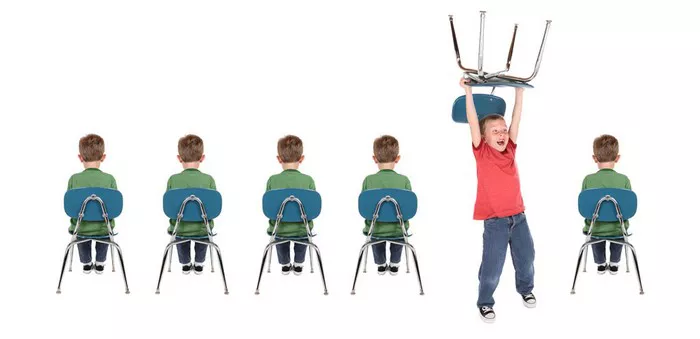ANNAPOLIS, Md. – Mental health advocates and service providers across Maryland are breathing a collective sigh of relief after state lawmakers voted to restore funding to a major youth mental health initiative that had faced steep budget cuts during this year’s legislative session.
The Consortium on Coordinated Community Supports, an ambitious mental health program created under the state’s Blueprint for Maryland’s Future education reform plan, will receive $70 million in the 2026 fiscal year budget—a substantial increase from the $40 million originally proposed by Governor Wes Moore.
With unspent funds from the previous fiscal year also available, the consortium now expects to distribute nearly $98 million in grants during its second round of funding. The program had already issued $111 million in grants in its inaugural cycle in February 2024, after an initial allocation of $119.7 million over two years to establish the consortium.
The restored funding is expected to expand mental health services in schools and communities statewide. Currently, more than 80% of Maryland’s public schools offer some form of mental health support, a milestone attributed in part to the consortium’s first round of grants.
“This is a critical investment that’s ensuring students in every corner of our state have the resources and support necessary to learn and thrive,” said Dan Martin, senior director of public policy at the Mental Health Association of Maryland. “We couldn’t be happier.”
The consortium funds a broad range of mental health services, including in-school counseling, substance abuse treatment, and peer support groups for students and families.
However, at the start of the legislative session, Governor Moore proposed slashing the program’s funding to $40 million, citing a $3 billion budget shortfall. The move alarmed stakeholders, particularly given Moore’s earlier public support for allocating $130 million to the initiative in fiscal year 2026.
In a dramatic turn, the General Assembly approved an additional $30 million on the final day of the session, restoring the consortium’s total funding for FY2026 to $70 million. Lawmakers emphasized the importance of maintaining a consistent investment in youth mental health infrastructure.
“You can’t address the mental health needs of the entire state in a piecemeal way,” said Sen. Katie Fry Hester (D-Howard and Montgomery). “The hub-and-spoke model simply wouldn’t have worked at $40 million.”
The consortium’s model relies on community-based “hubs,” such as churches and local organizations, to oversee mental health “spokes” — direct service programs — across Maryland’s counties. Both are supported through the grant funding.
Mark Luckner, executive director of the Maryland Community Health Resources Commission, said the newly approved funding will help push the initiative toward full implementation in the coming year. He noted that a significant number of service providers have already applied for the second round of funding, which is expected to be awarded by June 30.
The consortium’s initial 127 grants were projected to serve approximately 150,000 individuals, and Luckner said they remain on track to meet that target.
“We should take a moment and celebrate what the consortium is accomplishing,” Luckner said during an April 10 meeting.
Among the funded services is Prosper, a mental health check-in app for adolescents managed by Uneo Health, which received $1.4 million to operate in Prince George’s, Frederick, and Calvert counties.
Jan Guszynski, the project manager for Prosper, voiced concern earlier this year over the potential for funding cuts to disrupt essential services.
“I really, really hope that we do not see these resources shuttered or too heavily impacted,” Guszynski said. “Because it’s hugely important.”
Looking ahead, Maryland’s General Assembly appears committed to long-term support. The recently approved budget outlines plans to allocate $100 million annually to youth mental health efforts beginning in fiscal year 2027, signaling continued prioritization of the state’s mental health infrastructure for young people.


